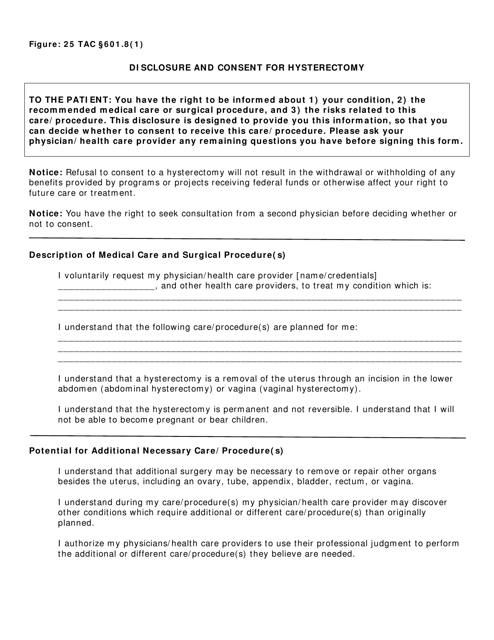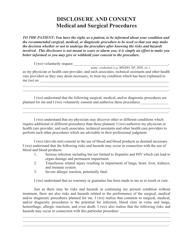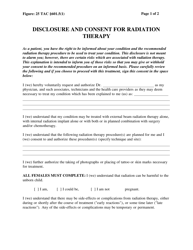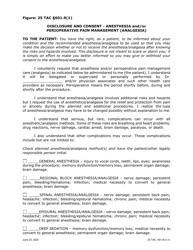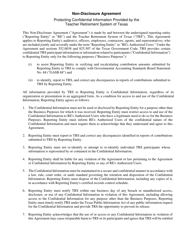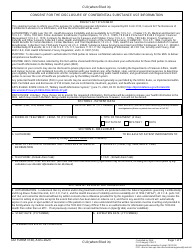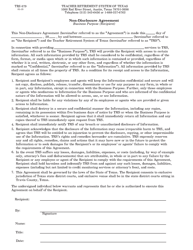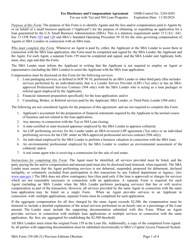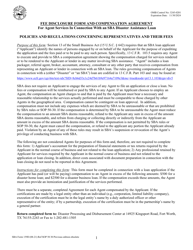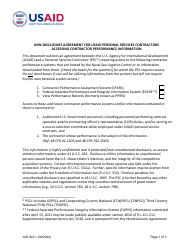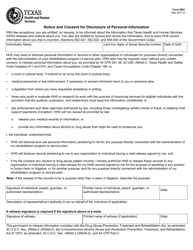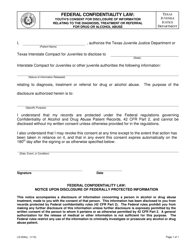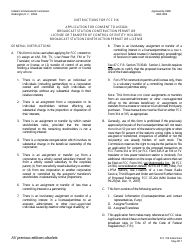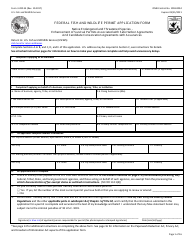Disclosure and Consent for Hysterectomy - Texas
Disclosure and Consent for Hysterectomy is a legal document that was released by the Texas Health and Human Services - a government authority operating within Texas.
FAQ
Q: What is a hysterectomy?
A: A hysterectomy is a surgical procedure to remove the uterus.
Q: Why would someone need a hysterectomy?
A: Hysterectomies are performed for various reasons, including treating conditions such as uterine fibroids, endometriosis, pelvic pain, abnormal bleeding, or certain types of cancer.
Q: What does the disclosure and consent process involve?
A: The disclosure and consent process for a hysterectomy involves obtaining information about the procedure, discussing the risks and benefits with your doctor, and providing your informed consent.
Q: Why is disclosure and consent important?
A: Disclosure and consent are important because they ensure that you have all the necessary information about the procedure and its potential risks and benefits, allowing you to make an informed decision.
Q: Who should sign the disclosure and consent form?
A: The person undergoing the hysterectomy is the one who should sign the disclosure and consent form, indicating that they have been adequately informed and have given their consent for the procedure.
Q: Are there any alternatives to a hysterectomy?
A: In some cases, alternatives to hysterectomy may be available, depending on the specific condition being treated. These alternatives can include medication, hormone therapy, minimally invasive procedures, or other treatments.
Q: What are the potential risks of a hysterectomy?
A: Some potential risks of a hysterectomy include bleeding, infection, damage to surrounding organs, early menopause, and psychological effects such as grief or loss of fertility.
Q: What should I expect after a hysterectomy?
A: After a hysterectomy, you can expect a recovery period during which you may experience pain, fatigue, and some temporary changes in your body. Your doctor will provide specific instructions for your individual recovery.
Q: Can a hysterectomy affect fertility?
A: Yes, a hysterectomy involves the removal of the uterus, which means that it will no longer be possible to conceive or carry a pregnancy.
Q: How long does it take to recover from a hysterectomy?
A: Recovery time can vary depending on the individual and the specific type of hysterectomy performed. It can range from a few weeks to several months.
Q: Will I still have my ovaries after a hysterectomy?
A: Whether or not the ovaries are removed during a hysterectomy depends on the specific medical indication. Your doctor will discuss this with you before the procedure.
Q: Is a hysterectomy covered by insurance?
A: In many cases, a hysterectomy is covered by health insurance. However, it is important to check with your insurance provider to confirm coverage and any potential out-of-pocket costs.
Form Details:
- The latest edition currently provided by the Texas Health and Human Services;
- Ready to use and print;
- Easy to customize;
- Compatible with most PDF-viewing applications;
- Fill out the form in our online filing application.
Download a printable version of the form by clicking the link below or browse more documents and templates provided by the Texas Health and Human Services.
